Donald Knuth, famous computer scientist, once said, “People think that computer science is the art of geniuses but the actual reality is the opposite: just many people doing things that build on each other, like a wall of mini stones.” He’s addressing the stereotypes behind computer science: that it’s demanding, exhausting, and only manageable for the brainiest of all prodigies. But if such a stereotype were true, why does Mr. Agnew’s AP Computer Science Principles class have a 90% pass rate over two years?
The AP Computer Science Principles curriculum is what Mr. Agnew described “as a college computing class for non-computing majors.” That means no prior knowledge of computing or a computing language is necessary. He follows the Beauty of Joy and Computing curriculum, made specifically for the AP test, which covers an Intro to Programming, Abstraction, Data Processing and Lists, How the Internet Works, Algorithms and Simulations, How Computers Work, Fractals and Recursion, and Recursive Functions. In addition, Mr. Agnew added his own labs of Artificial Intelligence and Cryptography.
Class activities mostly consist of labs in the aforementioned units. Students write a variety of programs: a Pong game, a clock app, a self-scaling brick wall, mondrians, and more, making good use of essential tools like recursion, abstraction, and artificial intelligence. Agnew cites his favorite project as either the cryptography second semester final or the “Series of Tubes” presentations for how the Internet works. In the cryptography final, students write algorithms to decode World War II messages, following the footsteps of Allied programmer Alan Turing. In the “Series of Tubes” presentations, students make Powerpoints to describe how the Internet would work if it were a series of tubes, as an analogy for how the Internet really works.
Since the teacher is free to choose the language the class is taught in, Agnew chose Snap!, a click-and-drag, easily understandable programming language. The advantage of using Snap! Is that since it’s click-and-drag as opposed to a typed language, the students don’t have to worry about memorizing the format of a certain coding language, or the entire program “bugging,” or not working, because of a forgotten period or quotation mark.
Upon asking Agnew about his pass rates, he said, “Of the 18 students who took [the AP test last year], 14 of them got fives, the other three who passed got fours, and one student who did not pass got a two. I’ve actually never had a student get a one.” According to Collegeboard, the national percent of students who earn fives is 14%. In Agnew’s class, it’s 78%, more than five times the national average. Whereas the national pass rate is 71.2%, his is 90%.
Agnew claims that his high pass rate is “a credit to the students.” He explained, “I think that the students who take the class are willing to work. And what I told people that I was recruiting [for the class] this year is that I had no C’s, I had no threes on the AP test, and what I discovered is that the dividing line between the people who got an A or B in the class and a four or five on the AP test, [as opposed to] the people who got a D or F in the class, and did not take the AP test, or if they did they got a two, is whether they or not did 100% of the work that was assigned to them. And the students who did every single lab and every single assessment… that I assigned them and chose to take the AP test, were successful… I think it’s a credit to how good the curriculum is and I think it’s a credit to the students’ work ethic. The students who take the class and who are willing to put in that level of work. I can’t claim any credit for it beyond that… I try hard to keep the class engaging and to keep students on my side, but I think it’s also true that the students deserve a lot of credit, and even the students who are not necessarily as successful on the AP still deserve some credit for showing up everyday and contributing to an atmosphere of enthusiasm, and an atmosphere of willingness to work.”
However, one unique thing Agnew may be doing is bringing in highly qualified guest speakers to his class. These guest speakers include Agnew’s wife’s former college roommate, Dr. Mark Gondree, an Assistant Professor in the Computer Science Department of Sonoma State University and lead of the TableTopSecurity research project, in addition to Dr. Megan Price, the Executive Director of the Human Rights Data Analysis Group (HRDAG) and The Onion Router board member. “One of the frustrations I’ve has is that I’ve actually tried to pull guest speakers I don’t have a personal connection to, I’ve contacted the Internet Archive and the Electronic Frontier Foundation… and they’re just too busy or don’t have the bandwidth and aren’t able to send somebody up to talk to the class, which has been a frustration. I’d like to bring in more guest speakers. So instead, I’ve just sort of traded on my personal network and brought in people I know/am married to who have a strong computer science background and can talk to some of the stuff I can’t.” That’s right- Dr. Price happens to be his wife.
Agnew is a self described, “math teacher by trade”, and hasn’t had a particularly strong computer science background himself. “If you call it background I’ve taken a few short coding classes over the years, but not much to speak of. Prior to teaching the course for the first time I took a three week course at UC Berkeley to learn how to use the curriculum ” As a result, he’s not afraid to make good use of his connections. “Next year I’m actually planning to integrate Dr. Gondree even more… Next year he’s going to come to my classroom once in the fall and give an hour [or so] introduction to computer security, and about once a month we’ll Skype in with him so he can answer all the questions I can’t… that may exceed my knowledge.”
AP Computer Science Principles’ impressive pass rate can be attributed to several things. Be it the hard-working students, a passionate teacher, a foolproof curriculum, or an assortment of qualified guest speakers- someone is doing something right. The pass rate speaks for itself.
And as for the future of the class? “I’m very grateful that I’m teaching the class. Nobody else in the department has expressed any interest in it, so it’s likely that I’ll get to teach it for a good long while, which I’m excited about. Until somebody else says they want to do it, then I’ll be happy to pass the torch to another teacher.”


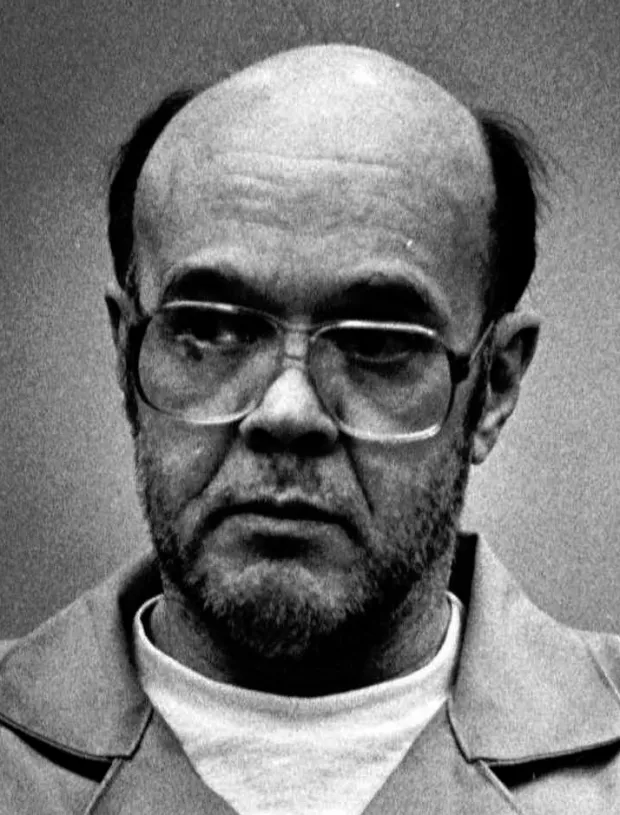
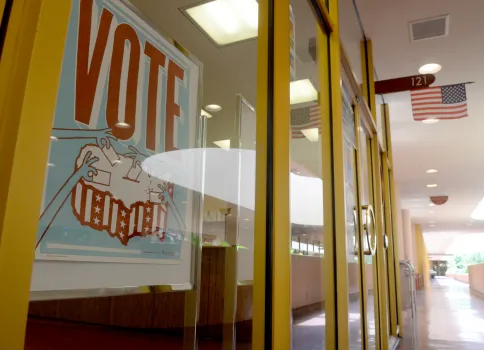
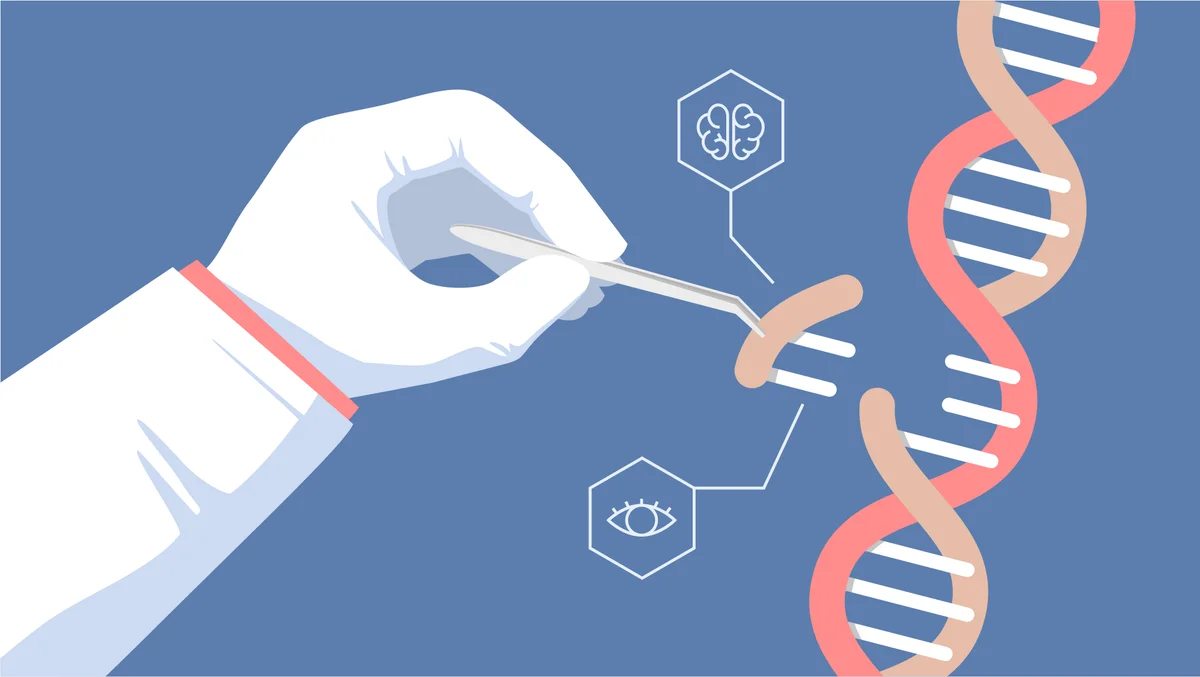












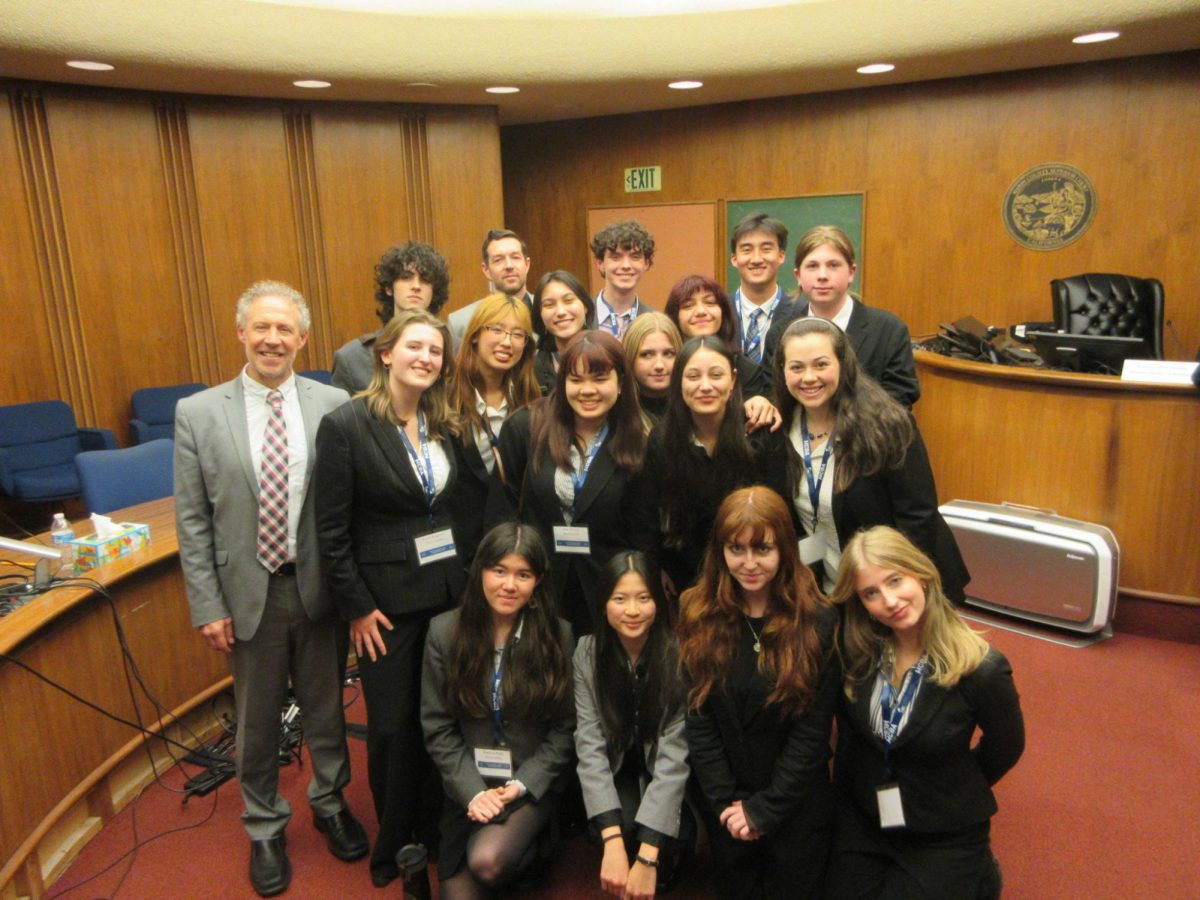

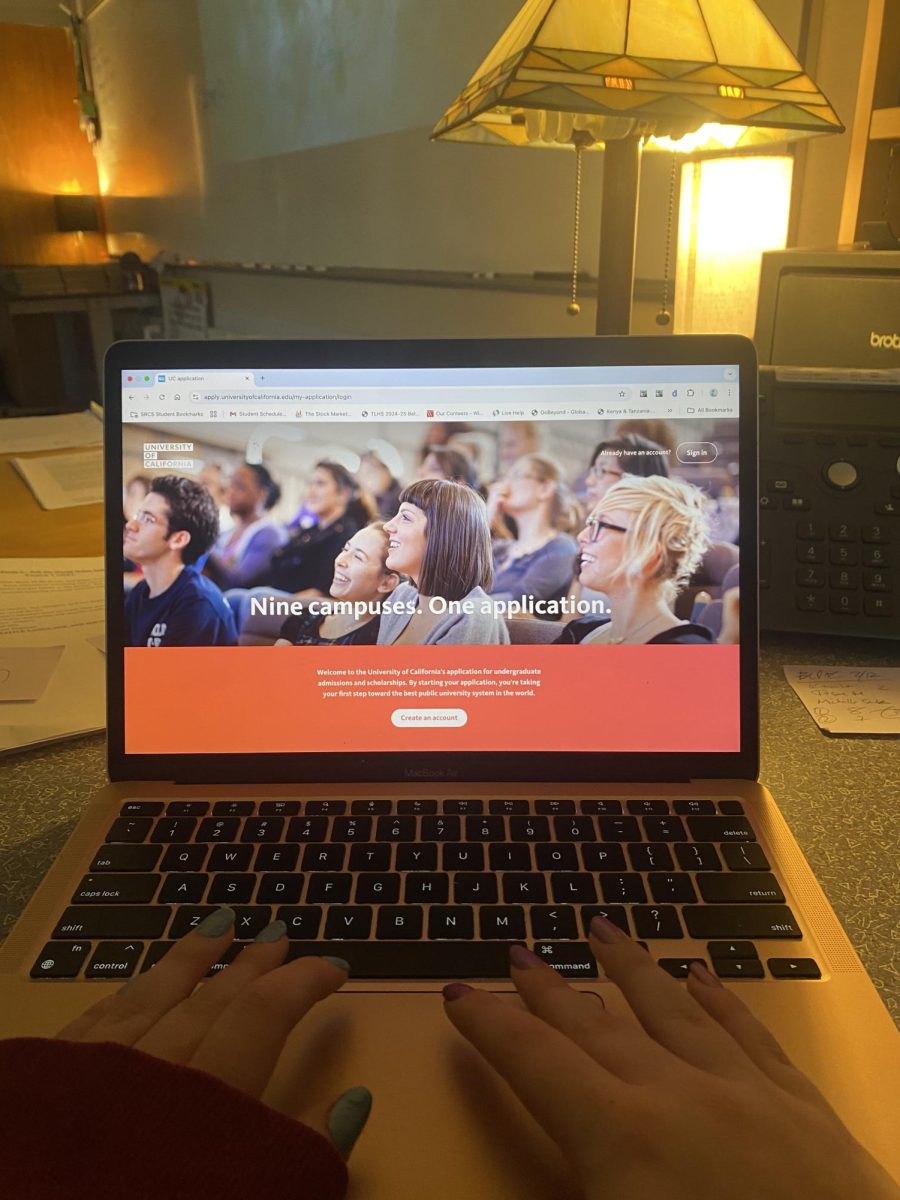


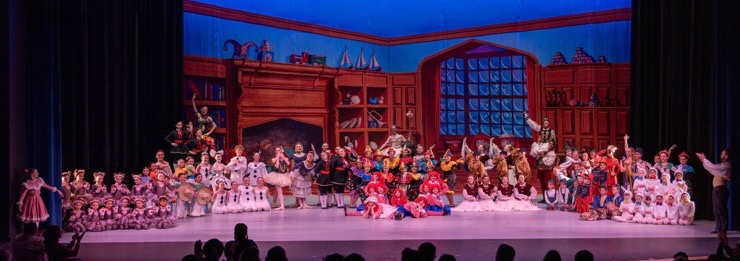



































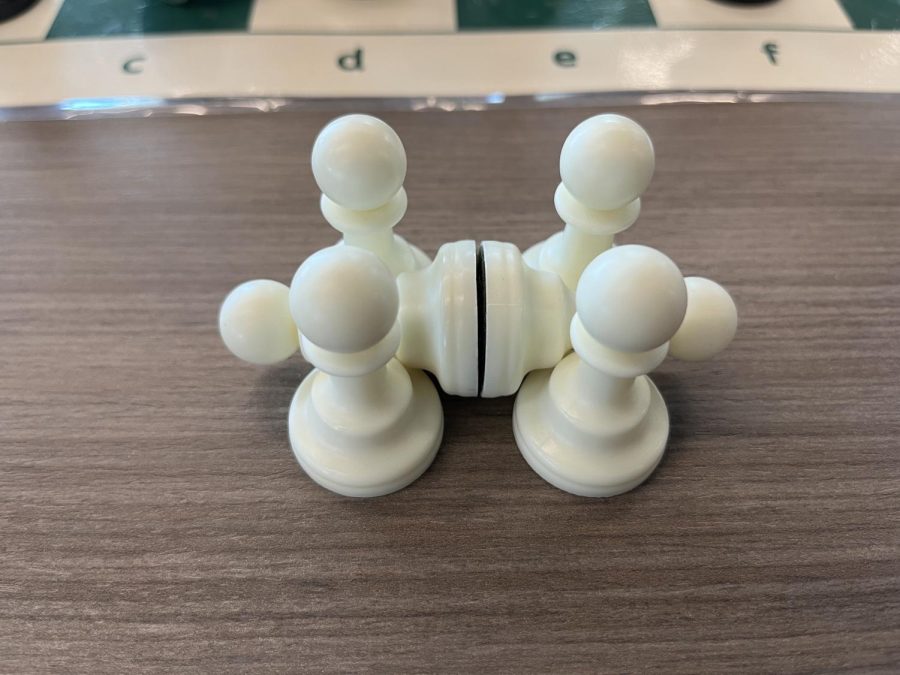
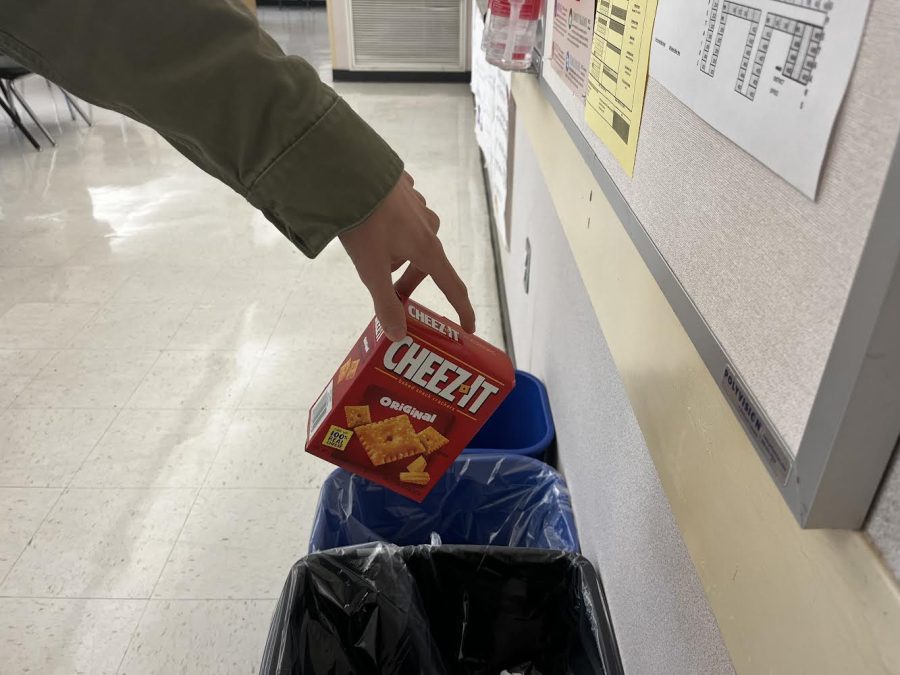


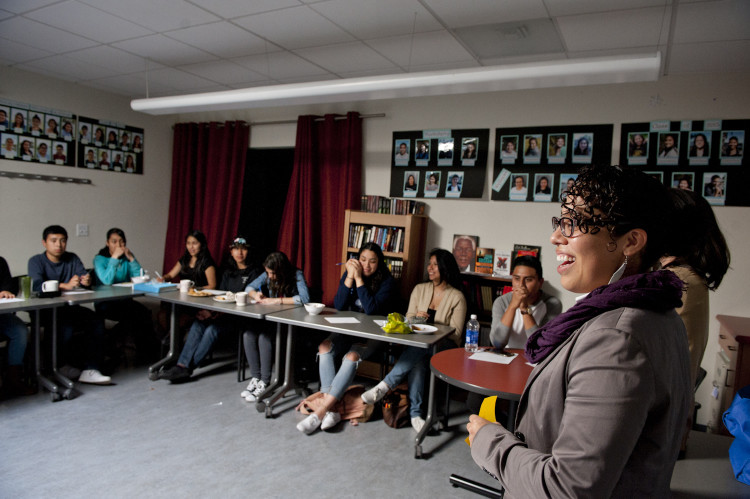









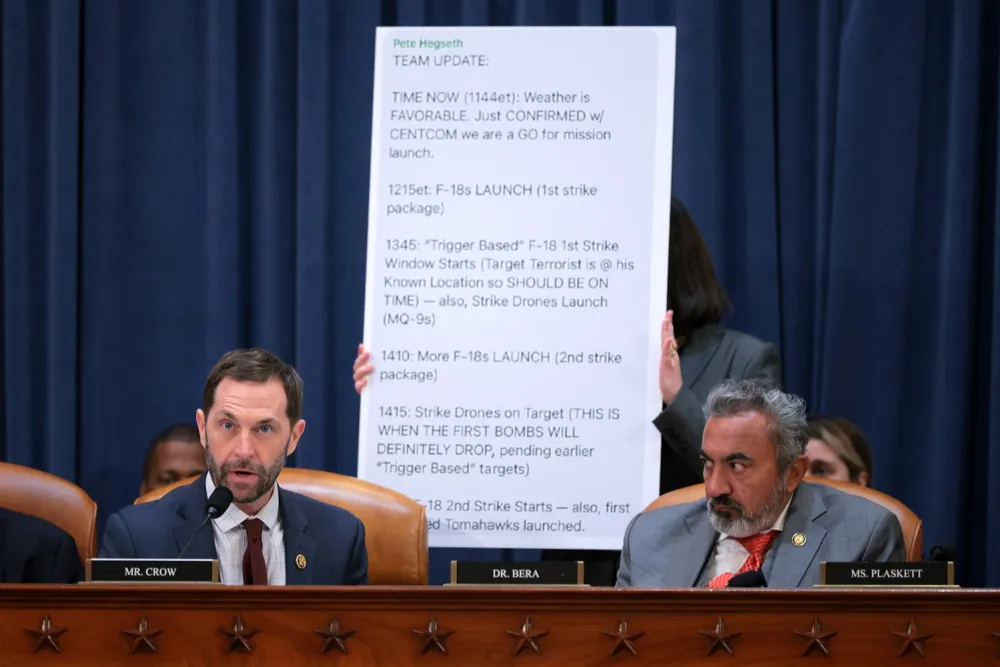
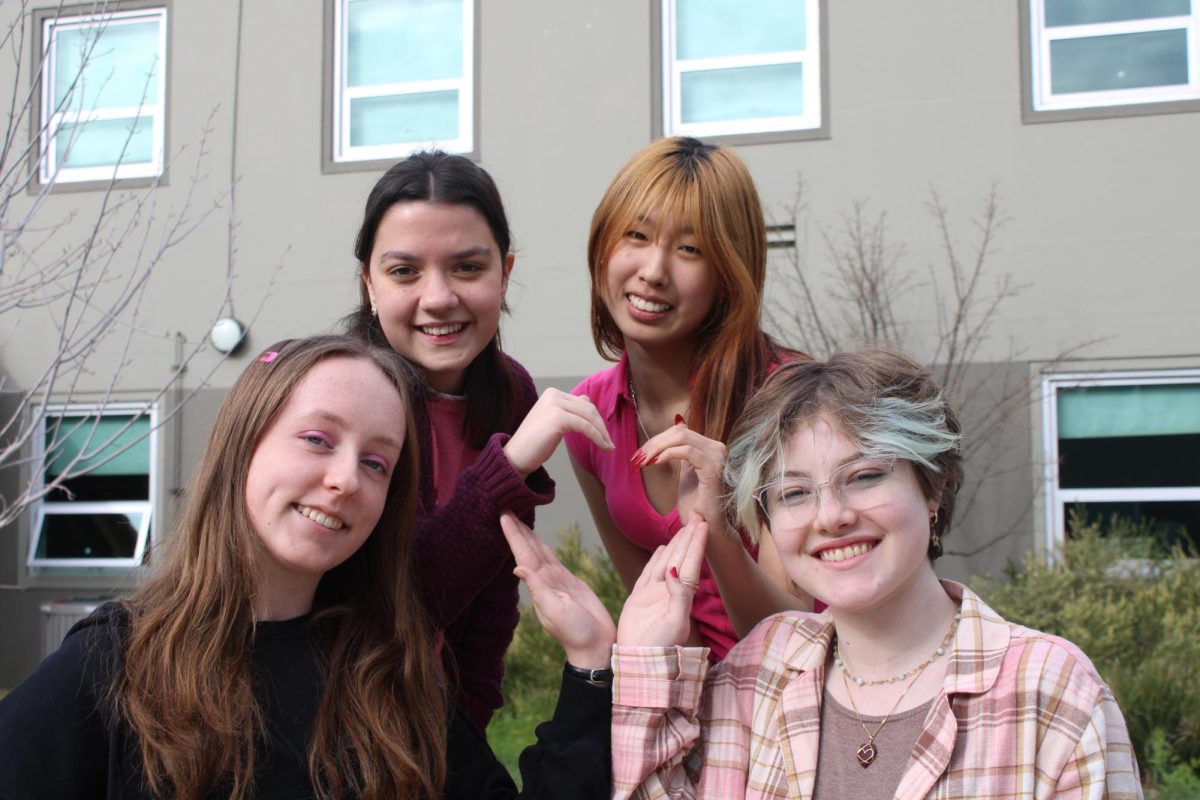






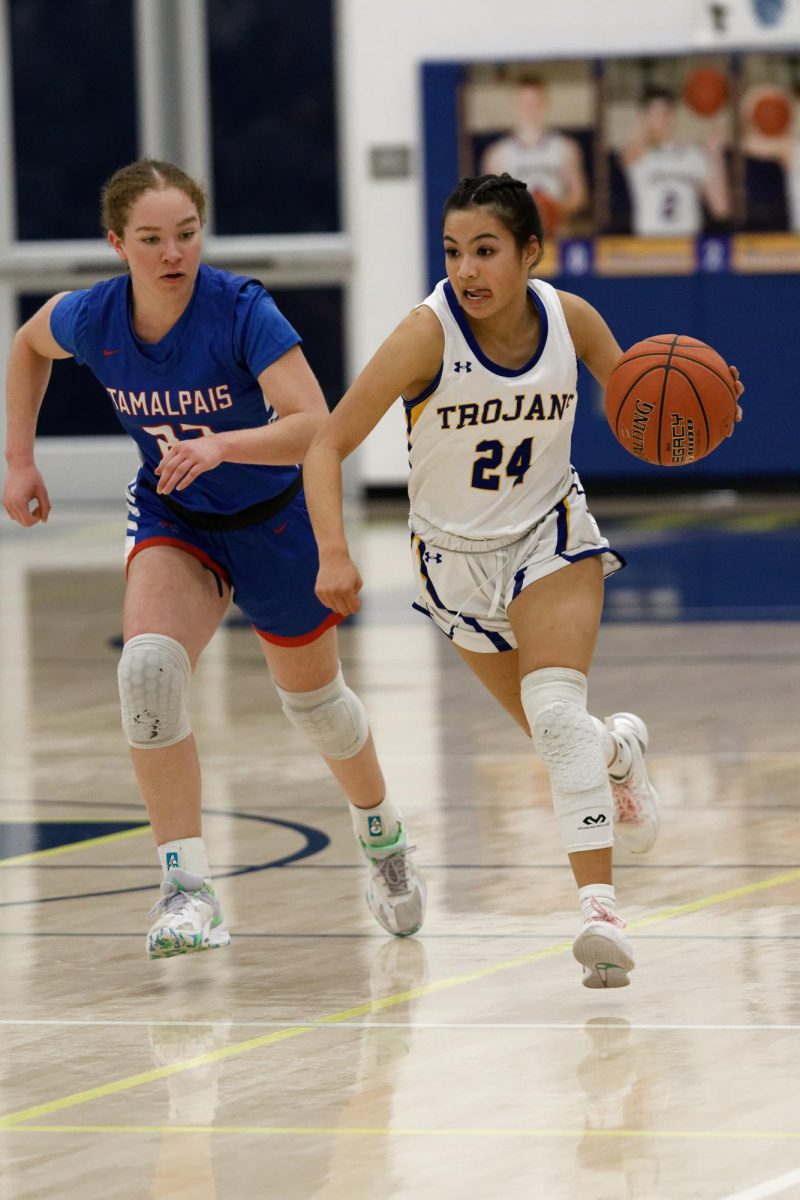



teagen leonhart • Mar 26, 2019 at 1:14 pm
What a great article, and such a credit to our awesome Mr. Agnew! Good work, Athena!